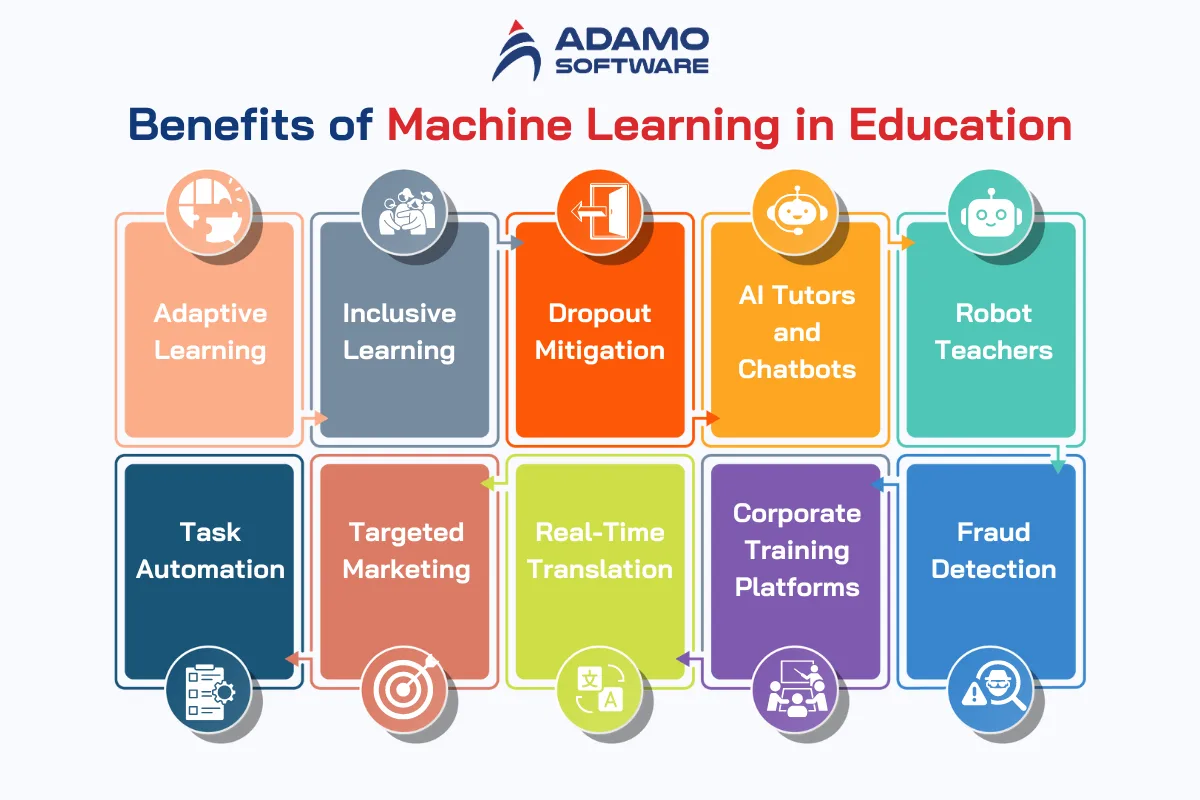The Best Guide To Bioinformatics Tutor
The Best Guide To Bioinformatics Tutor
Blog Article
More About Bioinformatics Tutor
Table of Contents8 Simple Techniques For Bioinformatics Tutor4 Simple Techniques For Bioinformatics TutorThe Definitive Guide for Bioinformatics TutorThe Ultimate Guide To Bioinformatics TutorAll About Bioinformatics Tutor
Of the overall individuals associated with the training, 80% were pupils from public higher education and learning organizations, while the continuing to be 20% came from exclusive establishments. To certify for a certification of involvement, trainees were required to go to at the very least 90% of the total training hours. As an outcome of this requirement, an excellent 95% of the participants successfully gotten their certifications, having not just satisfied the minimum attendance criteria but likewise finished all designated activities throughout the training.
Throughout the elevation of the COVID-19 pandemic, specifically in between June and August 2020, the job group was charged with organizing specialized training in bioinformatics. This training was especially intended at students from the study team Core for Research in Applied Computing at the Federal University of Pará (UFRA) The adjustment to remote discovering platforms as a result of the pandemic created an opportunity to explore brand-new mentor methodologies and digital devices that boosted both reach and efficiency.
This training course was developed to offer an easily accessible yet extensive review of Artificial Knowledge strategies, particularly as used in bioinformatics (Bioinformatics Tutor). This digital layout allowed engagement from trainees throughout Brazil, several of whom might not have had the chance to participate in in-person sessions.
Facts About Bioinformatics Tutor Revealed
Roughly 50% of the total training hours were dedicated to sensible activities where pupils developed intelligent versions and applications in an array of clinical domain names, consisting of genes, molecular biology, and ecological information evaluation. These platforms allowed trainees to involve in real-time information adjustment, design training, and algorithm trial and error.
Sixty of them were connected with various higher education and learning establishments in the state of Pará, while the continuing to be twenty came from institutions found in five other Brazilian states. By introducing Artificial Intelligence in a useful and relevant context, the campaign offered to connect the space between theory and real-world application, supplying students with a strong structure for future research or employment in the field.
The training campaign created part of a wider scholastic outreach effort referred to as the Bioinformatics on the Road job. This project has, for many years, presented dozens of trainees to the world of bioinformatics and computational biology. The occasions held under this umbrella initiative have happened across multiple Recommended Site areas and years, as summed up in Table 1 (List of occasions, places, years, and complete numbers of pupils and trainers)
One of the most exceptional results of the Bioinformatics when traveling effort has actually been its contribution to the development of decentralized research study groups. Numerous of these groups, originally united by their participation in training occasions, have actually given that gone on to generate independent clinical research study in cooperation with neighborhood academic establishments. The training not only cultivated clinical reasoning within the context of bioinformatics however likewise sparked collaborative connections that expanded beyond the training environment. These collaborations have actually resulted in boosted regional scientific efficiency and added meaningfully to the advancement of the wider bioinformatics community in Brazil.
The Bioinformatics Tutor Ideas
The very same team, omitting IH and RR, also acted as tutors for the functional training components. Funding for the job was provided with the grant 88887.200562/ 2018-00 from CAPES.
The Federal University of Pará's Workplace of Research (PROPESP/UFPA) likewise gave financial backing, especially for the production of the final manuscript. The writers declare no financial or industrial problems of interest that could have affected the research. Moreover, all interpretations and viewpoints shared in this short article are exclusively those of the writers and do not necessarily reflect those of their particular establishments, the author, editors, or reviewers involved in the publication procedure.

The 25-Second Trick For Bioinformatics Tutor
From a pedagogical perspective, the teaching approach made use of in the training was purposefully interactive. Courses were performed in a way that encouraged pupil involvement and conversation, going past memorizing memorization to discover exactly how ideas are developed, used in day-to-day live, and checked in academic settings. The educational philosophy concentrated on supporting both solid and having a hard time students, providing customized assistance, and building self-confidence with sustained mentorship and patience.

Each team, containing roughly 36 participants, was sustained by 3 coaches-- the majority of helpful hints whom were postdoctoral scientists with customized experience. These advisors not only helped make the team jobs but additionally promoted their execution, ensuring that each study concern was both properly challenging and pertinent. The goal was to provide a naturally reasonable context that individuals might explore via open-ended objectives and accessibility to curated datasets.
For additional understandings into the technique and results of this project-based knowing approach, viewers are guided to S1 Text, which consists of comprehensive summaries of the pedagogical framework, assessment approaches, and job styles used in the training sessions.
Rumored Buzz on Bioinformatics Tutor
Of the overall individuals involved in the training, 80% were trainees from public greater education and learning institutions, while the staying 20% came from personal establishments. To qualify for a certificate of involvement, trainees were called for to participate in at the very least 90% of the total training hours. Significantly, beyond the trainees that enlisted in the training sessions, 7 experienced instructors participated in supplying the courses, while three dedicated research professors collaborated the general training process. Roughly 50% of the overall training hours were devoted to functional tasks where trainees developed smart designs and applications in a variety of scientific domains, including genetics, molecular biology, and environmental information evaluation. The training not just cultivated clinical reasoning within the context of bioinformatics however likewise stimulated collaborative connections that prolonged beyond the training atmosphere.
Report this page